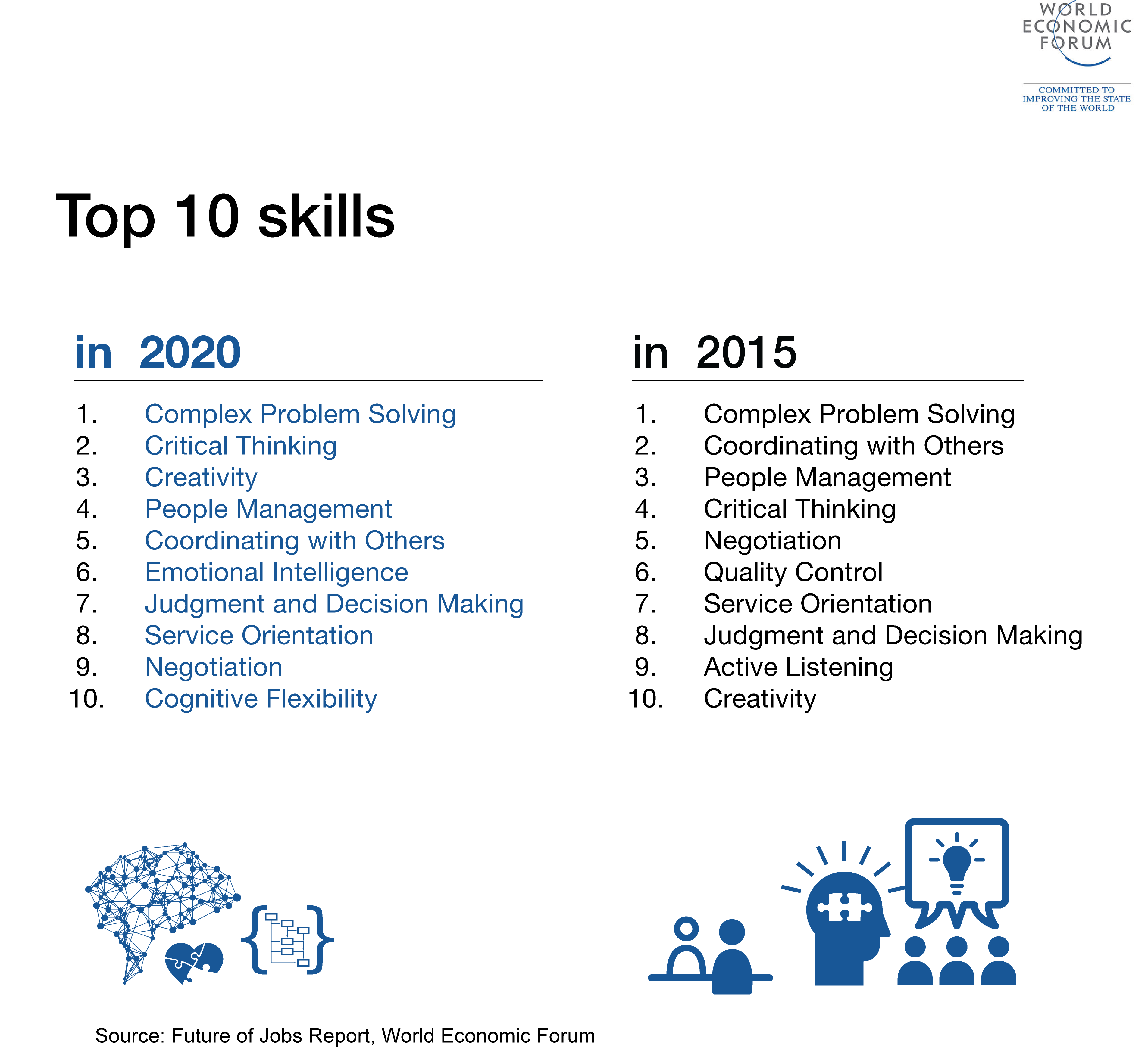 By guest blogger Bradley Busch
By guest blogger Bradley BuschTeaching, it has often been said, is the one profession that creates all other professions. Therefore it is so important that we learn how to do it right. The ways that teachers learn from each other is likely to be an important part of this, especially how they discern each other’s expertise and whether they are inclined to seek advice and help from the most able.
A team led by James Spillane at Northwestern University has published a study in Educational Evaluation and Policy Analysis that looks into these teacher behaviours. The researchers employed a mixed-method approach that spanned five years and involved staff from fourteen different primary schools in the US. This included surveys and interviews to explore how maths teachers conceptualised expert teaching, and then an analysis of student test scores along with teachers’ self-reported interactions with their colleagues, to assess if expert teachers behave differently from their peers.
The first part of the study focused on finding out what information teachers draw on to form their opinion of which of their colleagues is an expert. With schools nowadays awash with data to track student progress, one obvious way to assess which teachers are most expert is to compare their class test scores. However, results from this study suggest that those at the chalkface tend not to use this metric.
Over 90 per cent of staff referred to something other than student test scores, with common answers including their colleagues’ “instructional practice”, which incorporated: how their peers questioned students; the organisation and flow of their lessons; and their ability to generate student engagement, enthusiasm and excitement for the subject. Other factors included: their peers’ “knowledge and enthusiasm for teaching their subject”, which also included the ability to explain their subject to their peers; as well as their “formal position and formal training”, which covered their role in the school and which professional development they had previously undertaken.
Why did the majority of teachers not use student test scores as a key factor when weighing up teaching expertise? The researchers suggested that “teachers do not trust student test scores as valid measures of teacher performance in general” or, if they do, that “student test scores may not be easily remembered or accessed as teachers make decisions about whom to seek for advice, especially if such decisions are made quickly during the work day”. Essentially, weighing up teaching expertise was seen as something that you can sense, as opposed to being measurable by objective numerical data.
The second part of the study looked at which teachers were most likely to give or seek advice from their colleagues. The researchers found that the best teachers, as measured by those who had a higher percentage of students who met the minimum requirement to pass their class, and whose classes had higher than average test scores, were no more likely to be sought out by their colleagues for their advice. On the other hand, these expert teachers were the ones who were actually more likely to seek advice from their peers the following year. It seems that the better the teacher performed, the more likely they were to go out and obtain feedback on how to be even better.
The finding that the most able are not particularly sought after for their advice and are instead more likely to seek it from others is perhaps unsurprising. Other research, known as the Dunning-Kruger effect, has found that the least able tend to have an inflated view of their abilities, which would presumably lead to them seeking out less feedback. After all, why would one seek out advice if they think there is little room for development? As for the expert teachers in this study, the researchers speculate that their advice-seeking tendencies may be explained as “they represent a group of teachers who are constantly striving to improve by seeking out advice and information from others”.
It should be noted that the teachers studied in this research were from primary schools, which typically put less emphasis on test results. Likewise, they were selected from a school district in America that did not have a large emphasis on teacher accountability for student test results. It is possible that in other circumstances teachers may measure expertise differently, and be more likely to seek out those whose students consistently got the best test results.
That being said, this study does have some interesting potential implications for educators. First, any policy makers relying solely on student test scores to measure teacher effectiveness may be met with scepticism amongst school staff. Second, and perhaps most importantly, schools should actively encourage their staff to view asking for help and advice as a sign of strength and not of weakness. This would result in schools utilising their expert teachers more effectively, which would likely boost staff morale, abilities and test scores.
—Constructing “Experts” Among Peers: Educational Infrastructure, Test Data, and Teachers’ Interactions About Teaching
 Post written by Bradley Busch (@Inner_Drive) for the BPS Research Digest. Bradley is a registered psychologist and director of InnerDrive. He has worked with Premiership and International footballers and is the author of Release Your InnerDrive
Post written by Bradley Busch (@Inner_Drive) for the BPS Research Digest. Bradley is a registered psychologist and director of InnerDrive. He has worked with Premiership and International footballers and is the author of Release Your InnerDrive





